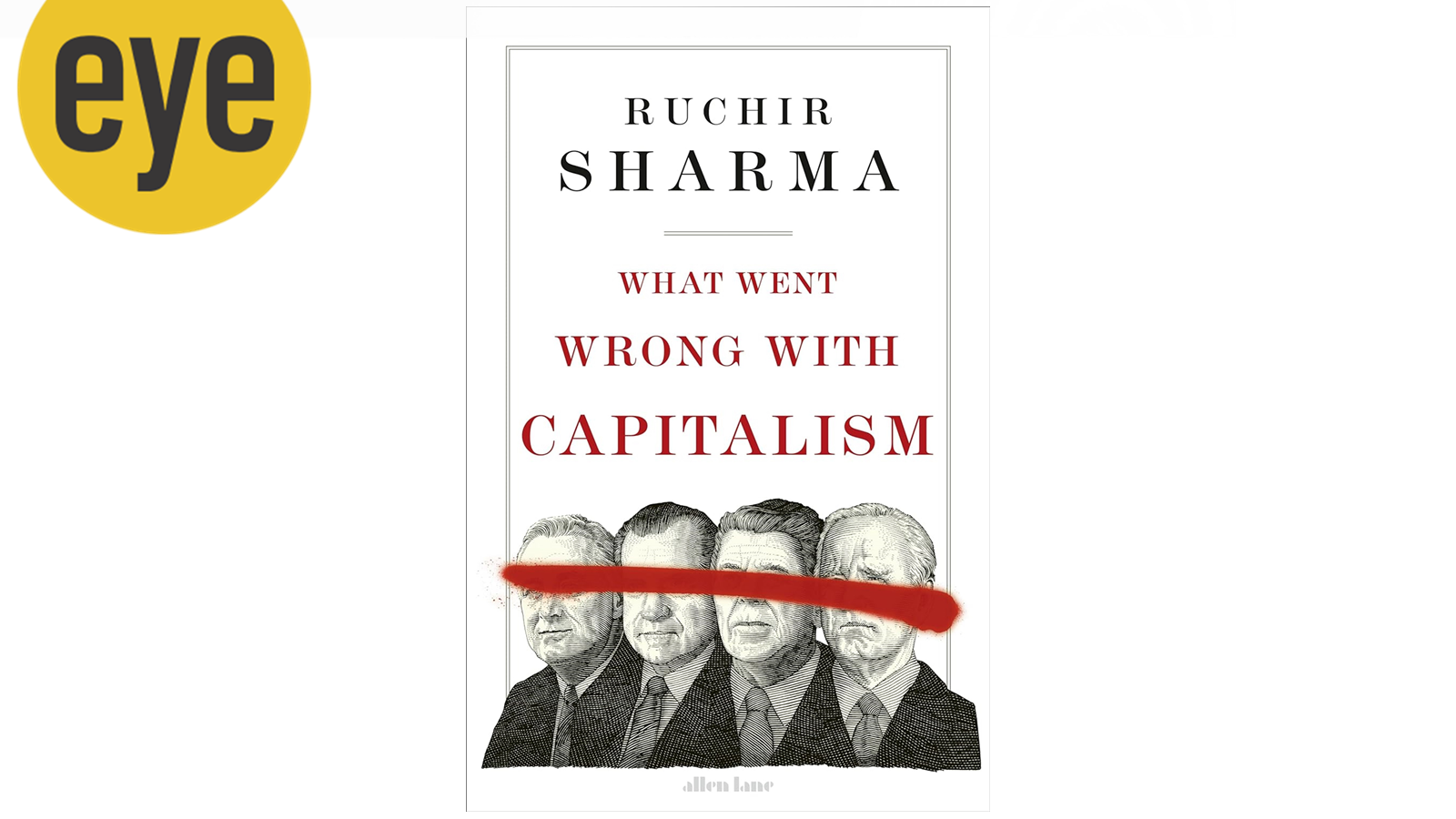









Since the middle of the 1850s, economists and social scientists have been predicting the downfall of capitalism, with Karl Marx and Joseph Schumpeter being among the most famous voices [7ff72081]. Despite the unprecedented wealth created by capitalism, there has been a steady stream of arguments suggesting that the economic system is unsustainable and bound to collapse [7ff72081]. In his book 'Capitalism, Socialism and Democracy', Schumpeter famously stated that capitalism cannot survive [7ff72081]. His arguments, written eighty years ago, are still being debated today [7ff72081].
The debate on the future of capitalism continues to evolve, with different perspectives and proposals for reform. Some argue for heavy regulation and strict rules, focusing on social control and participatory self-governing communities [5cb99056]. Others emphasize the need for democratization and the inclusion of workers in decision-making processes to achieve accountability [696512e4]. There are calls for a deep reordering of the economy and nature nexus, limiting the power of capital [c1c50969]. Meanwhile, critics of capitalism point to issues such as extreme inequality, resource depletion, and the erosion of community [5cb99056].
In Nigeria, capitalism is seen as a predatory and extractive system that benefits a few at the expense of the masses [6f8e1943]. The article argues against the notion that capitalism should be allowed to go through painful phases and suggests that Nigeria should learn from successful countries instead [6f8e1943]. It highlights the looting of public funds and the lack of infrastructure and support for investors in Nigeria [6f8e1943].
On the other hand, an opinion piece in the Whittier Daily News argues that the economic problems are caused by interventionism, not capitalism itself [bda089bc]. The author suggests that a return to genuine free markets and limited government intervention is necessary to overcome these problems [bda089bc].
In recent articles, economists and authors have discussed the state of capitalism and the need for reform. Ruchir Sharma's book 'What Went Wrong With Capitalism' offers analytical insights into the problems of capitalism [900b224d]. Sharma argues that easy money, in the form of low interest rates, has led to the ills of capitalism. The US government's reliance on cheap borrowing and increased spending has resulted in high levels of debt. The misallocation of capital and the creation of asset bubbles have fueled inequality and concentrated wealth. Easy money has also led to the socialization of risk, with failed banks and businesses being bailed out by the state. Sharma criticizes the over-bureaucratized state and warns of the risks of Bidenomics. However, the book may oversimplify the complex dynamics at play by overemphasizing easy money as the sole cause of the crisis, neglecting other factors such as lobbying and the political economy of interest groups. Sharma suggests that the US should accept slower growth instead of relying on pump-priming measures [900b224d].
Denise Lite, in an opinion piece for the Santa Clarita Valley Signal, discusses the differences between socialism and capitalism as economic systems [51202cba]. She highlights the challenges faced by socialist countries like Cuba, Venezuela, and North Korea, including economic stagnation, limited personal freedoms, and dependence on foreign aid. In contrast, capitalism is rooted in individual freedom, economic liberty, and private ownership of property. It emphasizes the efficiency of resource allocation, innovation, and economic growth. Lite argues that capitalism has consistently demonstrated higher levels of economic growth, productivity, and prosperity compared to socialism. She suggests that there has been a concerted effort to transform America into a socialist country, but history has shown that capitalism is the superior system for fostering economic efficiency, innovation, individual freedom, and prosperity. The author urges readers to vote accordingly and celebrates upcoming Independence Day [51202cba].
Capitalism gets a bad rap these days. Millions of Americans—Democrat and Republican—are frustrated with the U.S. economy, and many blame the free market. At the heart of capitalism is the entrepreneurial spirit. Unhindered by the government, the free market empowers an entrepreneur to start a business. The government doesn’t launch a small business. There are more than 33 million small businesses in the United States—99.9 percent of all U.S. firms. Small businesses account for nearly two-thirds of newly created jobs. The free market's true beneficiaries are the tens of millions of small businesses and working Americans who depend on them. The drop in global extreme poverty from 90 percent in the 1800s to 10 percent today is due to capitalism. The author, Magatte Wade, is an African entrepreneur who started a cosmetics manufacturing company in Senegal and emphasizes the importance of entrepreneurship and small business in creating economic prosperity. [5c493d95]
The article 'Capitalism saves lives, and socialism always fails' discusses the benefits of capitalism and the failures of socialism [daf87277]. It argues that capitalism has been instrumental in saving lives and improving living standards, while socialism has consistently led to economic stagnation and poverty. The author highlights examples of successful capitalist countries, such as the United States, and contrasts them with failed socialist experiments, such as Venezuela. The article emphasizes the importance of free markets, individual liberty, and limited government intervention in promoting prosperity and human well-being.
The ongoing debate on the future of capitalism has brought attention to the role of regulation in the economic system. An opinion piece in the Athol Daily News by John Bos explores the question of regulated or unregulated capitalism [c82f0c2e]. Bos acknowledges that regulations encompass a wide range of rules, standards, and laws that govern behavior and procedures. He argues that capitalism has worked well when governed by regulations that include public welfare. Bos points out that businesses have both prospered and suffered due to regulations and the tax code. He also highlights the expansion of government regulation of the US economy over the past century. Bos asserts that regulations are necessary to mitigate the adverse impacts of unregulated commerce, as businesses have damaged the environment, abused workers, violated immigration laws, and defrauded consumers. He mentions Vice President Harris' advocacy for regulating Big Tech as an example. However, Bos questions the charges against capitalism and asks for an alternative economic system that would be fiscally, socially, and environmentally healthy.
The ongoing debate on capitalism and socialism continues to shape discussions on the future of economic systems. Perspectives range from advocating for heavy regulation and social control to emphasizing the efficiency and innovation of capitalism. The role of regulation in capitalism is a key point of contention, with arguments for and against its necessity. As the debate evolves, it remains essential to consider the balance between prosperity and public welfare in shaping the economic systems of the future.